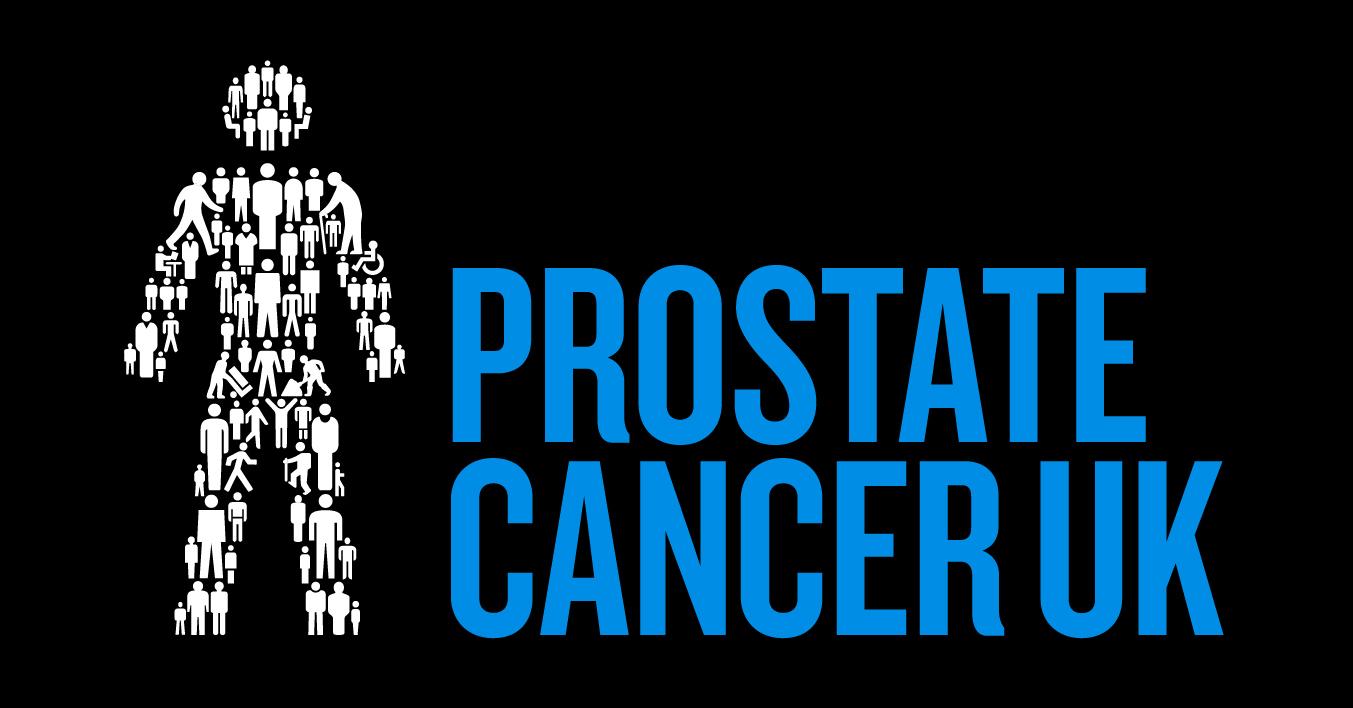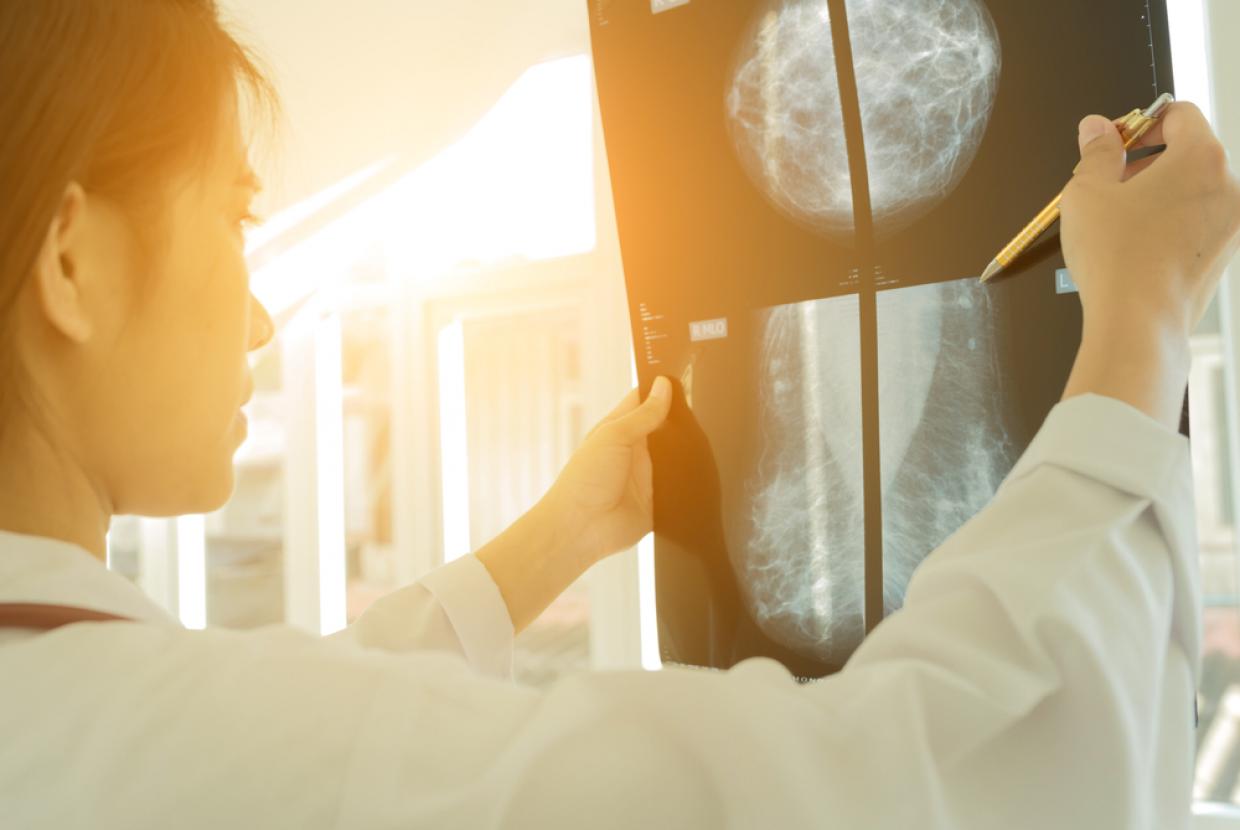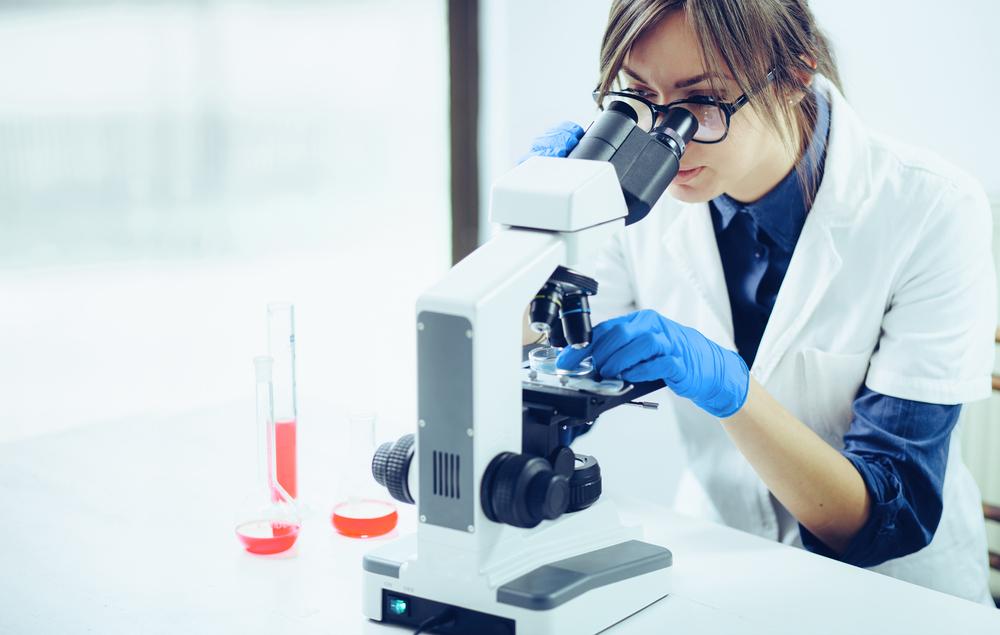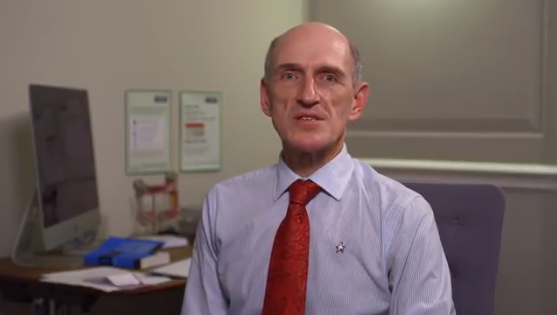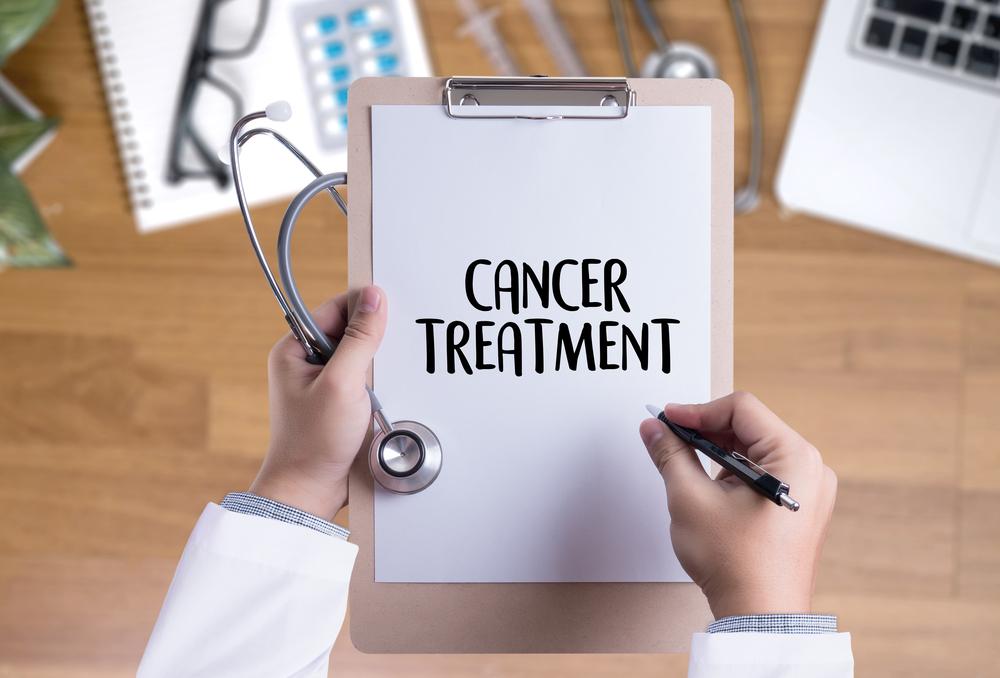Can a healthy lifestyle reduce my risk of prostate cancer?
Cancer / Men's HealthNo one knows how to prevent prostate cancer, but a healthy lifestyle may be important.
The latest research suggests that being overweight may increase your risk of being diagnosed with aggressive or advanced prostate cancer. Eating a healthy, balanced diet and keeping physically active can help you stay a healthy weight, and so might help to lower your risk.
You can’t change your age, ethnicity or family history, but you can take control of your diet and weight.
What is a healthy weight?
A quick way to check if you’re a healthy weight is to measure your waist. Wrap a tape measure around your body, half-way between the top of your hips and the bottom of your ribs. For a man, if your waist size is 94cm (37 inches) or more, you’re likely to be overweight. This means you have a higher risk of health problems, possibly including aggressive or advanced prostate cancer.
A healthy weight can also improve your general wellbeing and help to prevent other health problems, such as type-2 diabetes, heart disease and some other cancers.
What is a healthy diet?
A balanced diet should contain all of the food groups shown in the Eatwell Guide below. This will ensure your body has all the energy and nutrients it needs, and only a small amount of fatty and sugary foods.
The Eatwell Guide shows how much of what you eat should come from each food group. This includes everything you eat and drink during the day.
How much physical activity should I do?
Regular physical activity is good for your general health. People who keep active are more likely to be a healthy weight and less likely to develop health problems such as heart disease, type-2 diabetes and some cancers.
We don’t yet know whether physical activity can help prevent prostate cancer, but some studies suggest it may help to lower your risk, particularly of aggressive prostate cancers. Vigorous exercise may be better than light exercise, but any exercise is better than none at all.
Can any foods lower my risk of prostate cancer?
There is no strong evidence that any individual food can lower your risk of prostate cancer.
You may have heard that certain foods might lower your risk, including pulses, such as beans, peas, lentils and soya foods, and foods containing:
- lycopene – such as tomatoes and tomato products
- selenium – such as Brazil nuts, fish, seafood, liver and kidney
- vitamin E – such as nuts, seeds, wholegrains, green leafy vegetables and avocados.
But there isn't any strong evidence that these help. Instead it's a good idea to choose a balanced diet, including lots of fruit and vegetables and a wide range of other healthy foods, to prevent other health problems and help stay a healthy weight.
Which foods might increase my risk of prostate cancer?
We don’t know for certain whether any foods increase the risk of prostate cancer. But some foods might increase your risk if you eat a lot of them.
Dairy foods - eating or drinking lots of dairy products, such as milk, yoghurt and cheese, might increase your risk of prostate cancer. We don't know why this is but it might be because of the calcium in them.
Aim for three portions of dairy a day. Dairy alternatives with added calcium, such as soya yoghurt or soya milk, also count as dairy foods. A portion is one small pot of yoghurt, a glass of milk or a small piece of cheese (matchbox-sized or 30g). Choose lower-fat and lower-sugar options when you can.
Calcium - having too much calcium in your diet might increase your risk of prostate cancer. But you do need about 700mg a day to keep your bones healthy. You can get this from a balanced diet. For example, a 200ml glass of milk contains 240mg of calcium and a small yoghurt contains about 200mg. You can also get small amounts of calcium from meat, fish, nuts, pulses, fruit and vegetables.
Processed and red meat - eating red and processed meat increases your risk of some types of cancer. We don't know if it increases the risk of prostate cancer. Red meat includes beef, pork, lamb or goat. Processed meat includes ham, bacon and other cured or preserved meats.
The World Cancer Research Fund recommends eating no more than 500g of cooked red meat per week (700 to 750g when raw), and avoiding processed meat. A medium portion of cooked roast beef is usually about 90g and a medium cooked steak is 145g.
Alcohol - drinking alcohol increases the risk of some types of cancer. We don't know if it increases the risk of prostate cancer.
Limit the amount of alcohol you drink to 14 units a week. This is about six pints of average-strength or six small glasses (175ml) of average-strength wine. Try to spread this out throughout the week and have some alcohol-free days.
Can I take supplements to lower my risk?
Some people take supplements to try to lower their risk of cancer, but studies suggest this isn’t likely to work. In fact, some supplements may even be harmful.
The best way to get all the vitamins, minerals and other nutrients your body needs is to eat a healthy, balanced diet, including plenty of fruit and vegetables.
What about smoking?
Smoking increases the risk of health problems such as heart disease, stroke and some cancers. Most studies suggest that smoking probably doesn’t increase your risk of getting prostate cancer. But if you smoke, you may be more likely to get an aggressive type of prostate cancer that is more likely to grow and spread to other parts of the body, and so you may be more likely to die from prostate cancer, if you get it.
If you stop smoking, your risk should start to drop and after 10 years it could be as low as for men who have never smoked. Your GP can help you stop smoking and can tell you about ‘stop smoking’ clinics.


